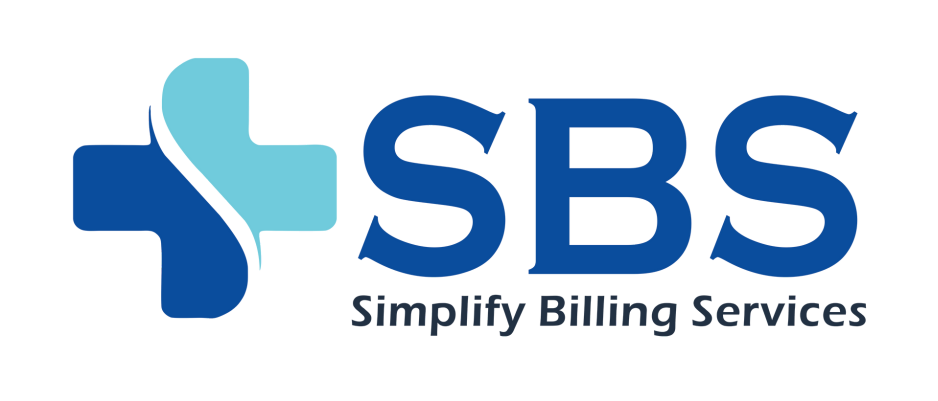Medical coding is a critical component of the healthcare system, translating patient information and healthcare services into standardized codes. This process ensures accurate billing, effective communication among healthcare providers, and crucial data for research and policy-making. However, medical coders face a myriad of challenges in their daily work. This article delves into some common obstacles in medical coding and explores potential solutions to address them.
Staying Updated with Changes
Challenge:
Medical coding systems, such as ICD (International Classification of Diseases), CPT (Current Procedural Terminology), and HCPCS (Healthcare Common Procedure Coding System), are frequently updated to reflect new medical knowledge, technologies, and treatments. Staying current with these changes is crucial for accurate coding, but it can be daunting due to the volume and frequency of updates.
Solution:
Continuous education and training are vital. Employers can support coders by providing access to regular workshops, webinars, and professional courses that cover the latest updates. Subscribing to industry newsletters, participating in coding forums, and being active members of professional organizations like the American Health Information Management Association (AHIMA) or the American Academy of Professional Coders (AAPC) can also help coders stay informed. Additionally, leveraging technology, such as coding software with built-in updates, can streamline the process.
Managing Complex Cases
Challenge:
Complex medical cases involving multiple diagnoses, procedures, and treatments can be challenging to code accurately. These cases often require extensive research and a deep understanding of medical terminology and coding guidelines.
Solution:
Thorough documentation and effective communication with healthcare providers are essential. Coders should have access to detailed patient records and the ability to consult with physicians and other healthcare professionals when needed. Specialized training in specific medical fields, such as oncology or cardiology, can also enhance a coder’s ability to handle complex cases. Additionally, utilizing advanced coding software that includes decision-support tools can assist in navigating intricate scenarios.
Ensuring Compliance
Challenge:
Medical coders must adhere to a plethora of regulations and compliance standards, including HIPAA (Health Insurance Portability and Accountability Act), OIG (Office of Inspector General) guidelines, and payer-specific rules. Ensuring compliance is critical to avoid legal issues, financial penalties, and claims denials.
Solution:
Developing a robust compliance program within the healthcare organization is key. This program should include regular audits, coding accuracy assessments, and continuous education on regulatory changes. Coders should be trained to recognize and prevent common compliance issues, such as upcoding, unbundling, and improper use of modifiers. Implementing compliance-focused software tools that flag potential errors and inconsistencies can further support coders in maintaining adherence to standards.
Dealing with High Workload and Burnout
Challenge:
Medical coders often face high workloads, tight deadlines, and the pressure to maintain high accuracy rates. This can lead to stress, burnout, and decreased job satisfaction, ultimately affecting performance and quality of work.
Solution:
Workload management strategies are crucial. Healthcare organizations can implement flexible scheduling, allow remote work options, and ensure adequate staffing levels to distribute the workload more evenly. Encouraging a supportive work environment, offering mental health resources, and promoting work-life balance can help mitigate burnout. Automation and artificial intelligence (AI) tools can also reduce the burden by handling routine tasks, allowing coders to focus on more complex coding activities.
Ensuring Data Accuracy and Integrity
Challenge:
Accurate coding is dependent on precise and comprehensive medical documentation. Incomplete, ambiguous, or incorrect documentation can lead to coding errors, affecting patient care and reimbursement.
Solution:
Implementing standardized documentation practices and providing training for healthcare providers on the importance of detailed and accurate documentation can enhance data quality. Coders should have access to tools that allow them to query providers for clarification when necessary. Regular feedback loops between coders and clinical staff can foster a culture of accuracy and continuous improvement.
Conclusion
Medical coding is a complex and dynamic field, presenting numerous challenges that require diligent attention and proactive strategies. By investing in continuous education, leveraging technology, fostering effective communication, and prioritizing compliance and workload management, healthcare organizations can support their coding professionals in overcoming these obstacles. Ultimately, addressing these challenges not only benefits coders but also enhances the overall efficiency and effectiveness of the healthcare syst

